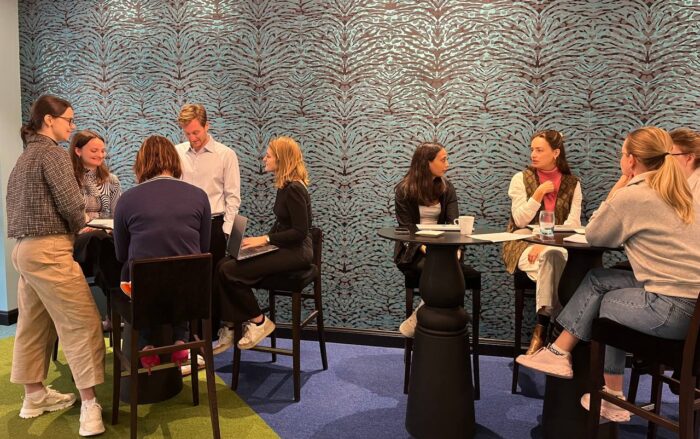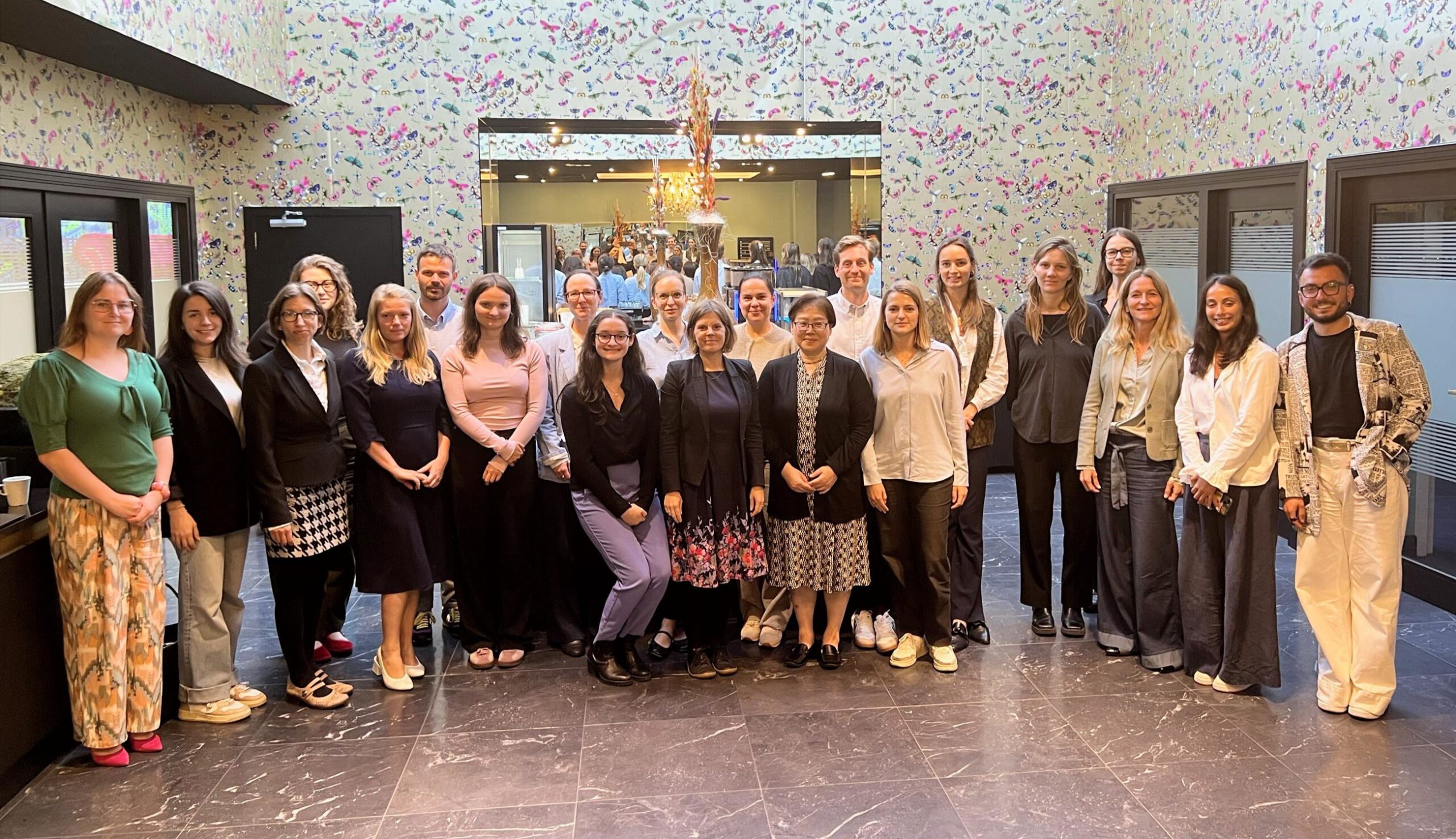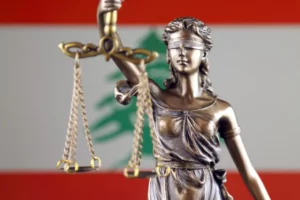On 16-17 September 2025, the International Commission of Jurists (ICJ) hosted a transnational workshop in Brussels on procedural rights of migrant and refugee children in legal proceedings. The event brought together lawyers, judges, national authorities from Austria, the Czech Republic, the Netherlands, Malta, and Slovakia.
The workshop explored international and EU legal frameworks that protect the rights of children, with particular attention to the right to be heard and to effective participation in asylum and other migration-related proceedings. Central to the discussions was the need to guarantee access to child-sensitive justice and effective remedies for migrant children.
“Even where national courts are reluctant to refer to international law and case-law, lawyers should actively invoke the interpretations of UN Treaty Bodies in domestic litigation,” said Mikiko Otani, ICJ Commissioner and former Chair of the UN Committee on the Rights of the Child.
The workshop discussed access to a guardian by unaccompanied minors, as a central safeguard ensuring children’s best interests and the right to be heard throughout proceedings. Challenges discussed included the question of independence of guardians, high caseloads, and the lack of effective complaint mechanisms. The EU Pact on Migration and Asylum, set to be implemented at national level from July 2026, introduces several provisions related to guardianship, such as the use of temporary representatives, specific child-to-guardian ratios, and minimum qualification requirements left to national interpretation.
The EU Pact will significantly lower the existing procedural safeguards on legal aid across the EU. It will no longer be required to provide free legal assistance at the first stage of the asylum determination proceedings, but only at the appeals stage. This raises significant concern, as the provisions appear to be inconsistent with international human rights law and standards. EU Member States have the possibility to provide for higher standards than those foreseen in the EU Pact and should guarantee free legal counseling and representation from the start of the proceedings.

Download
Agenda here.
Follow-up
A follow-up webinar will take place in October, offering an opportunity for continued exchange.
The findings and recommendations from this workshop will feed into a forthcoming report aimed at providing strategies and good practices ensuring the child’s right to be heard in legal proceedings.
Background
The Be Seen Be Heard – Empowering Child VOICEs in Legal Proceedings (VOICE) project aims to promote the effective realization of children’s right to be heard and participate in judicial proceedings across Austria, the Czech Republic, Malta, the Netherlands, and Slovakia, in alignment with Article 12 of the Convention on the Rights of the Child and the EU Strategy on the Rights of the Child. Led by the consortium of partners – the ICJ, Nederlands Juristen Comite Voor Demensenrechten, Forum for Human Rights, the Aditus Foundation, and the Österreichische Juristenkommission, the initiative focuses on enhancing the expertise of justice professionals working with children, bolstering the sharing of best practices and raising awareness about the need for a child-centred approach in legal proceedings.
This event is the second of a series of three transnational exchange workshops held in Belgium. The first workshop held in May 2025 explored the child’s right to be heard in legal proceedings. In November, the next workshop will focus on the barriers that children with disabilities face when participating in legal proceedings.
Contact
Karolína Babická, ICJ Senior Legal Adviser, karolina.babicka@icj.org





